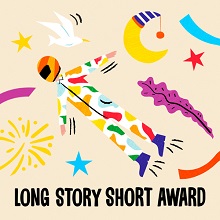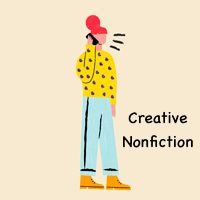By the time you knew love, The Rent-A-CD shop had become a branch of state government, demolished, like the rest of your city, in a summer that stretched into nearly a decade of detours.
It's
...
[+]
One of the most vibrant reasons psychology is called into question as a science is that many of its philosophies are rooted in popular opinion and culture. In astronomy, that the earth orbits the sun has become a proven fact. No matter how many people believe otherwise, this will not change. In psychology, on the other hand, homosexuality was once a mental illness. Scientists warned against it and prescribed medicines to “cure” it. It has now become common place. Those who argue against it are labeled as “intolerant” or “behind the times.” While some may argue this has occurred because psychologists are shedding the fetters of bigotry and ignorance, it could also be suggested that this advancement is merely a product of a different culture for a different time. Because psychological theory stems from common opinion and culture, abnormality becomes relative and answers become inconsistent. Are there really any correct answers? This fluctuation is not a flaw, but a simple consequence of studying a fluid field.
By studying the history of psychology, researchers can give themselves the opportunity to view today’s phenomena and beliefs in context of what once was. Though certain methods and mindsets of twentieth century psychology waltzed into and out of fashion, such as psychoanalysis and pure behaviorism, many of those fields retain some credence. When not trapped in the cycle of “look how far we have come,” a psychologist can use history to pull forward and examine all relevant theories to create a more complete whole. The expression, “those who do not know history are doomed to repeat it,” is also valid in reverse. Those who do not know history cannot make use of what is already available.
Most importantly, studying the history of psychology can give modern psychologists a sense of humility. Human nature is fluent and dependent on the situation in which it is observed. The research underway today is most relevant for people in the present. It might or might not be useful to psychologists another thirty years from now. When history is truly internalized, it provides a bigger picture of what is and what is not important.



